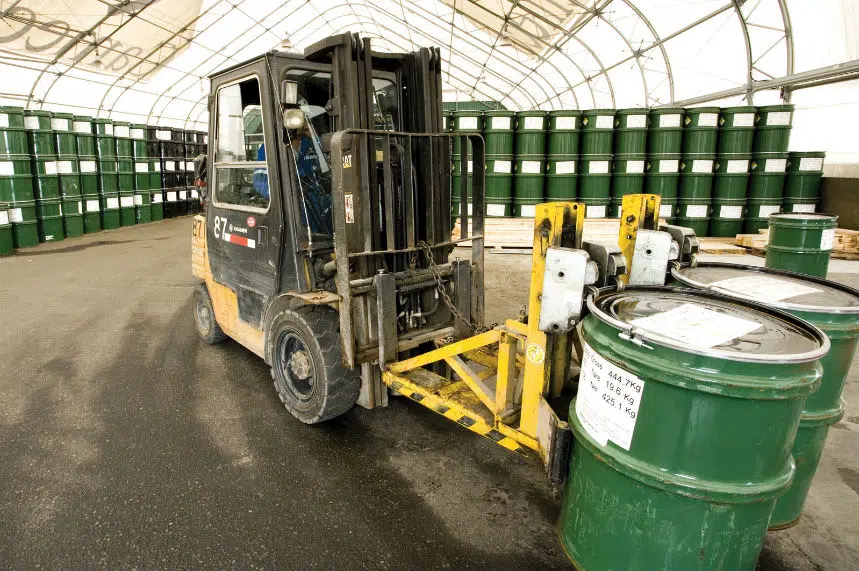Cameco president and CEO Tim Gitzel faced questions from media and investors in a wide-ranging conference call early Thursday morning.
The call came after the company announced Wednesday it was suspending operations at its McArthur River uranium mine and its uranium milling operation at Key Lake.
The move will see more than 800 workers placed on a temporary layoff.
Gitzel said the company made the decision in the face of a stubbornly weak global market for uranium.
In 2010, uranium was selling in the $60-a-pound range. The price tanked following Japan’s Fukushima disaster in 2011, and was hovering this week around $20-a-pound.
“The message is very clear that the market does not need more uranium. Behaving in a $20 market the same way we did when uranium prices were much higher, in our opinion, is neither rational nor sustainable,” Gitzel said during prepared remarks before he took questions.
Under current conditions, Gitzel said it made more sense to draw down the company’s inventory to meet its contract obligations, noting Cameco has contracts to sell uranium above market prices for years to come.
Gitzel stressed repeatedly throughout the call that layoffs at McArthur River and Key Lake would be temporary.
He said the company would continue to provide benefits for affected workers and would top-up their Employment Insurance cheques, all as part of efforts to retain staff through the shutdowns.
“These are good, solid people. We need them. (McArthur River) is going to keep running for 20 years,” he said.
Cameco investors will also be feeling some pain amid the poor uranium market conditions, with the company slashing the dividend paid on its stock to 8 cents per share as part of efforts to maintain its cash flow and keep servicing its debts. The dividend had previously been 40 cents per share.
Gitzel said all the company’s decisions were made with a view to maintaining Cameco’s long-term health.
In particular, he said the company was protecting its investment grade from rating agencies — a designation typically given to companies with a credit rating of BBB or better.
Gitzel said those investing in Cameco would be doing so because, in the longer term, the current low market price for uranium is unsustainable, with the company sitting on some of the lowest cost-of-production mines on Earth and well-positioned to take advantage of an eventual turnaround.
Asked if Cameco would consider selling off any of its ownership stakes in its mines, Gitzel gave a forceful vote of confidence in the long-term future for the industry in Saskatchewan.
“Sale of ownership? Not a chance. We’re not looking at that at all. In fact, if some Saskatchewan assets came available that were part of the joint ventures we’re in, we would look at purchasing them.”
The McArthur River and Key Lake shutdowns were expected to take about a month to complete, with some 200 workers kept on to maintain the sites following their anticipated closures at the end of January 2018.
Gitzel said it would also take about a month to get the facilities up-and-running again.







